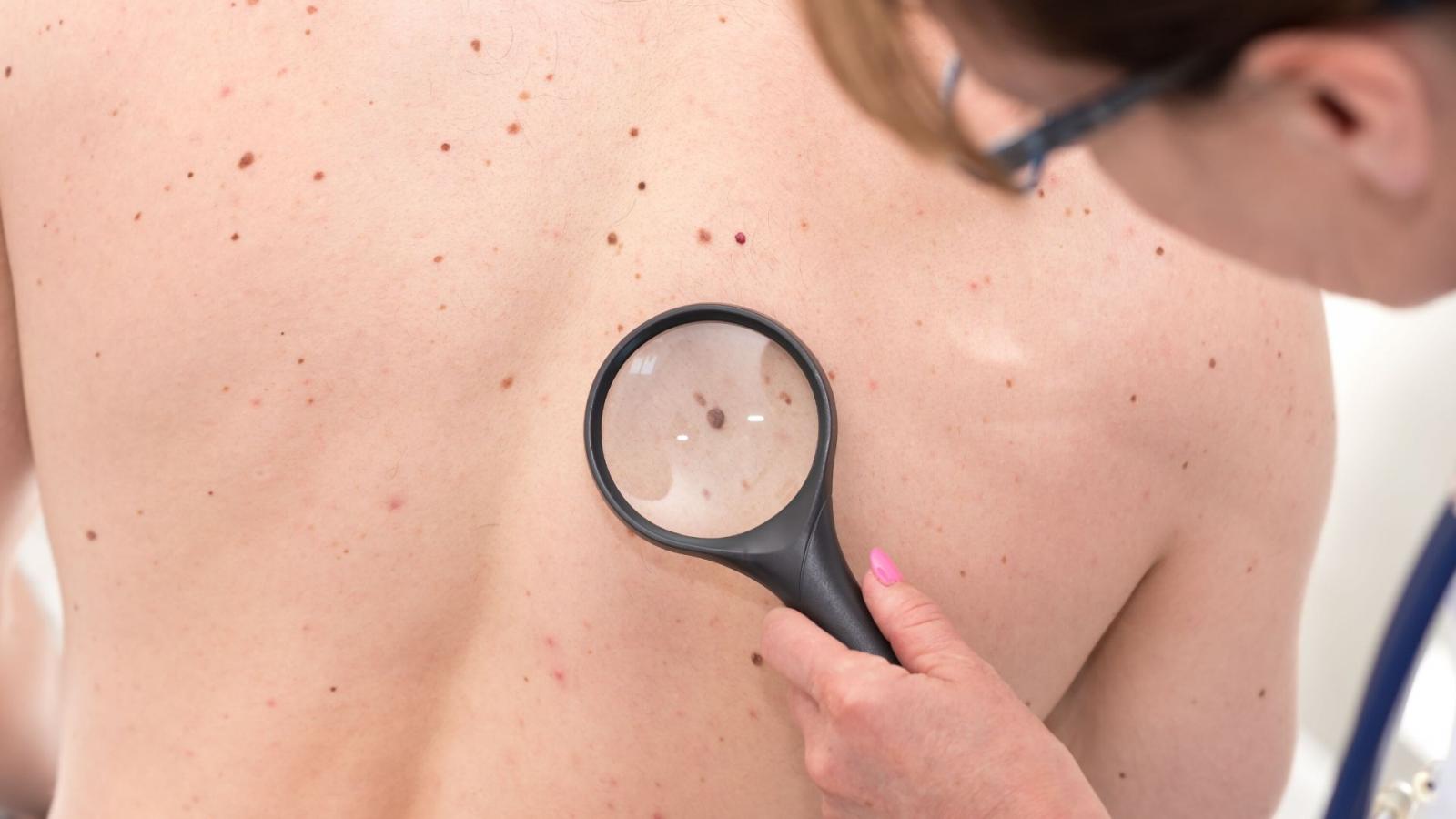How to spot cancer early

Unexplained changes
A lump or swelling
Check your whole body - not just your testicles.
Bleeding that is not normal for you
If you cough up blood or notice it in your pee or poo, see your doctor.
Weight loss
It is normal to see small weight changes over time. But a big weight loss, not related to dieting, may be a sign of something more serious.
Pain that does not go away
If you feel pain for more than 4 weeks that you cannot explain, talk to your doctor about it.You’re more likely to survive cancer if you spot it early. But do you know what to look out for?
Persistent changes
A cough, changes in your voice or feeling short of breath
Speak to your doctor if you have any of these problems for more than 3 weeks, especially if you are a smoker or ex-smoker.
A sore that does not heal
If a spot, wart or sore does not heal in a few weeks, get it checked by your doctor - even if it is painless.
Bloating
If bloating does not go away within a few weeks talk to your doctor about it.
Difficulty swallowing, indigestion or heartburn
It is not normal to have indigestion or heartburn that happens a lot or is very painful. Difficulty swallowing is not normal either. Get it checked by your doctor.
Mouth or tongue ulcer
Having a mouth or tongue ulcer for three weeks or more is not normal and needs to be checked by your doctor or dentist.
Unusual changes
- A change in your bowel or bladder habits
- If you have constipation, diarrhoea or problems passing urine for more than a few weeks, talk to your doctor.
- A new mole or change to an existing mole
- Get into the habit of checking your skin every month for new moles. Also watch for changes in colour, shape and size of existing moles.
10 early warning signs you cannot ignore
If you have one of the symptoms listed below, see your GP.
Let them know what you have noticed, even if you are not concerned by it. Chances are it is nothing to worry about, but it is better to play safe. And it is important for your overall health to get to the bottom of it.

- New lumps or growths on your skin.
- A sore or bruise that does not heal.
- A mole that changes in shape, size or colour or bleeds in unusual circumstances.
- An ongoing cough or hoarseness that last longer than three weeks.
- Indigestion or difficulty in swallowing.
- A change in bowel or bladder habits for no good reason.
- Shortness of breath.
- Loss of appetite.
- Unexplained weight loss or tiredness.
- Blood anywhere it normally should not be – in urine, bowel motions, or from spitting.
Check yourself regularly so that you’re more likely to notice any changes.

Get screened
Screening means testing for cancer when you have no symptoms. Screening is a great way to spot cancer early and give yourself the best chance of getting cured. Free screening for bowel cancer (BowelScreen) is available for men (and women) aged 60–69.
For more information
Phone
1800 200 700


